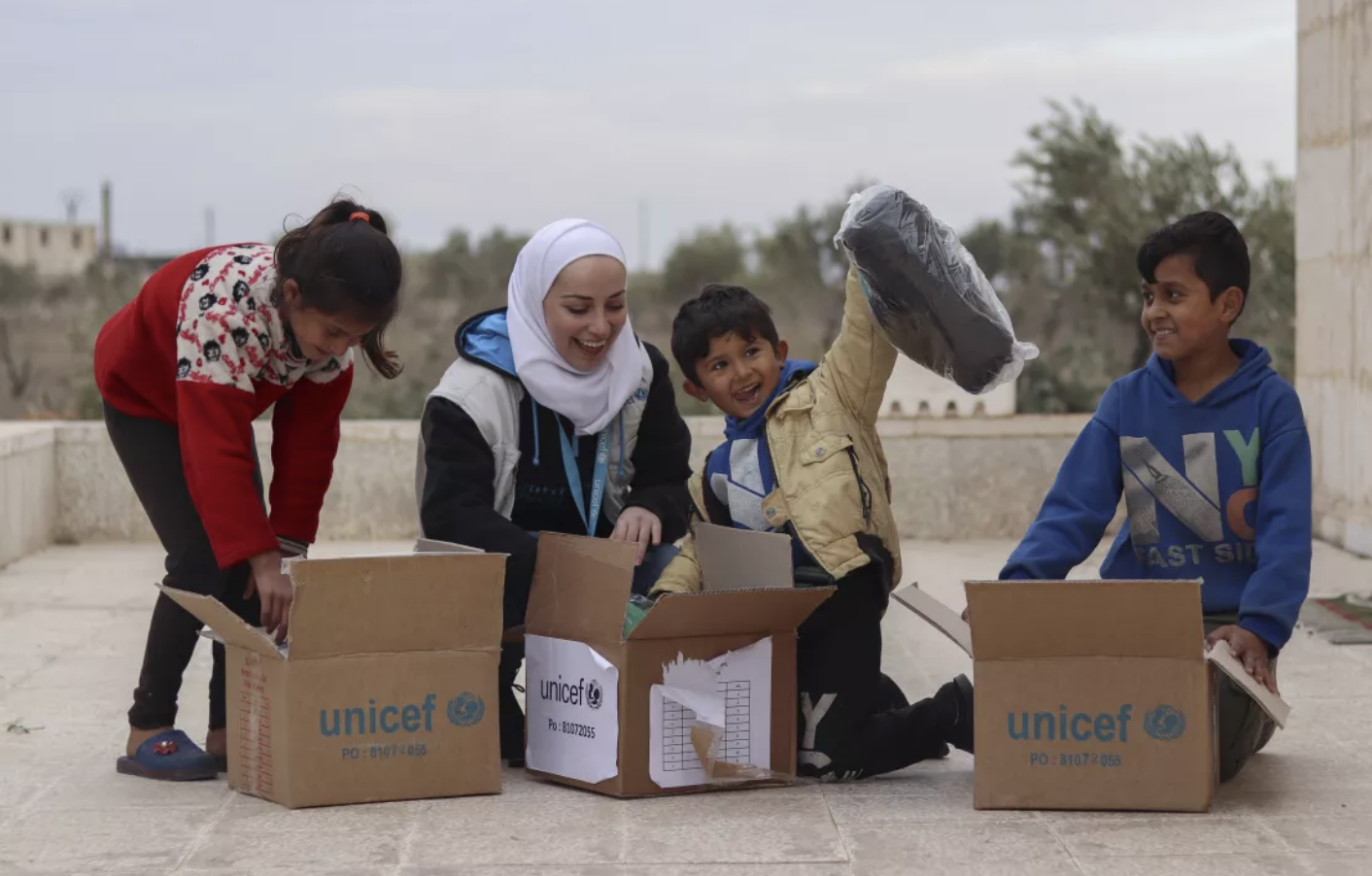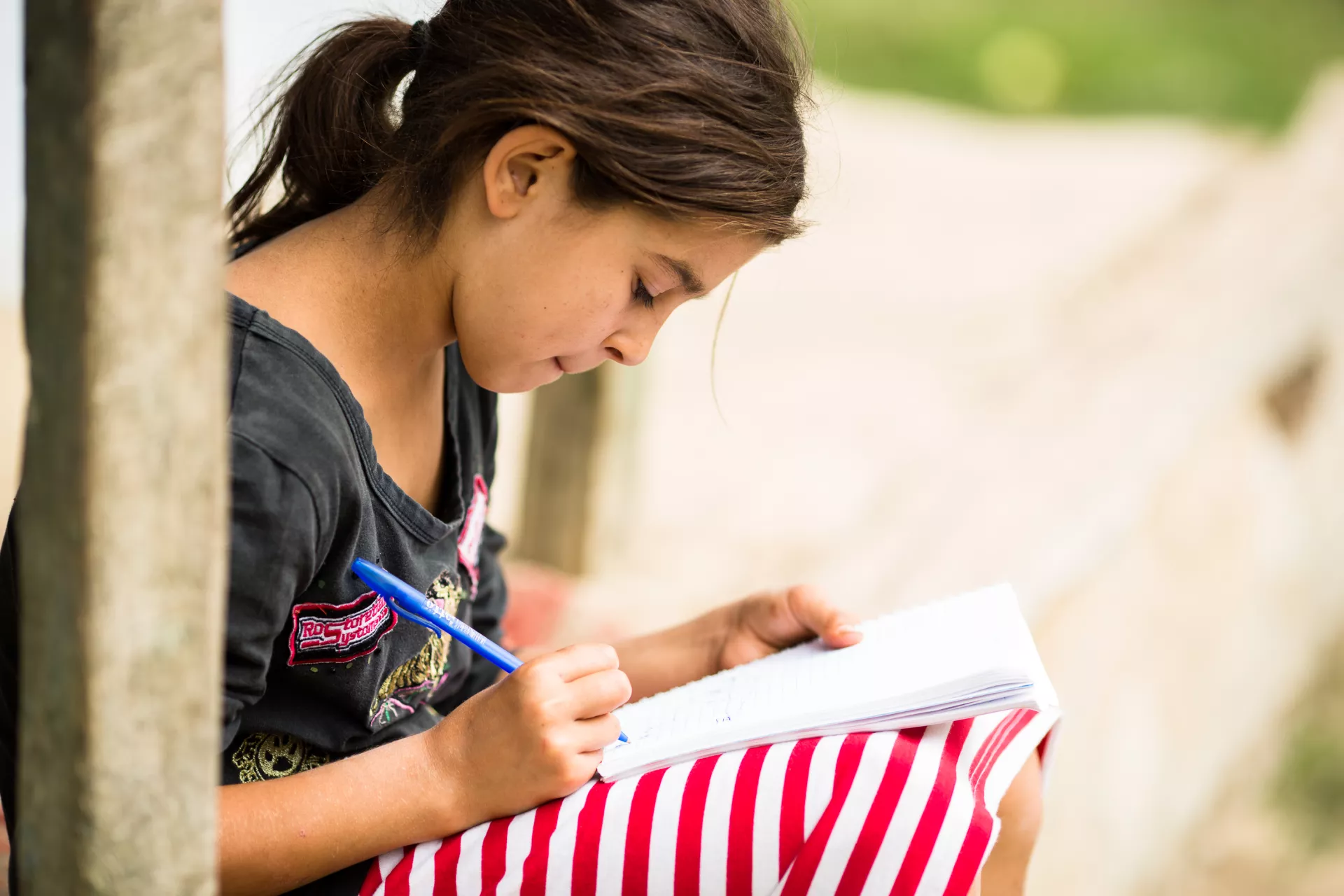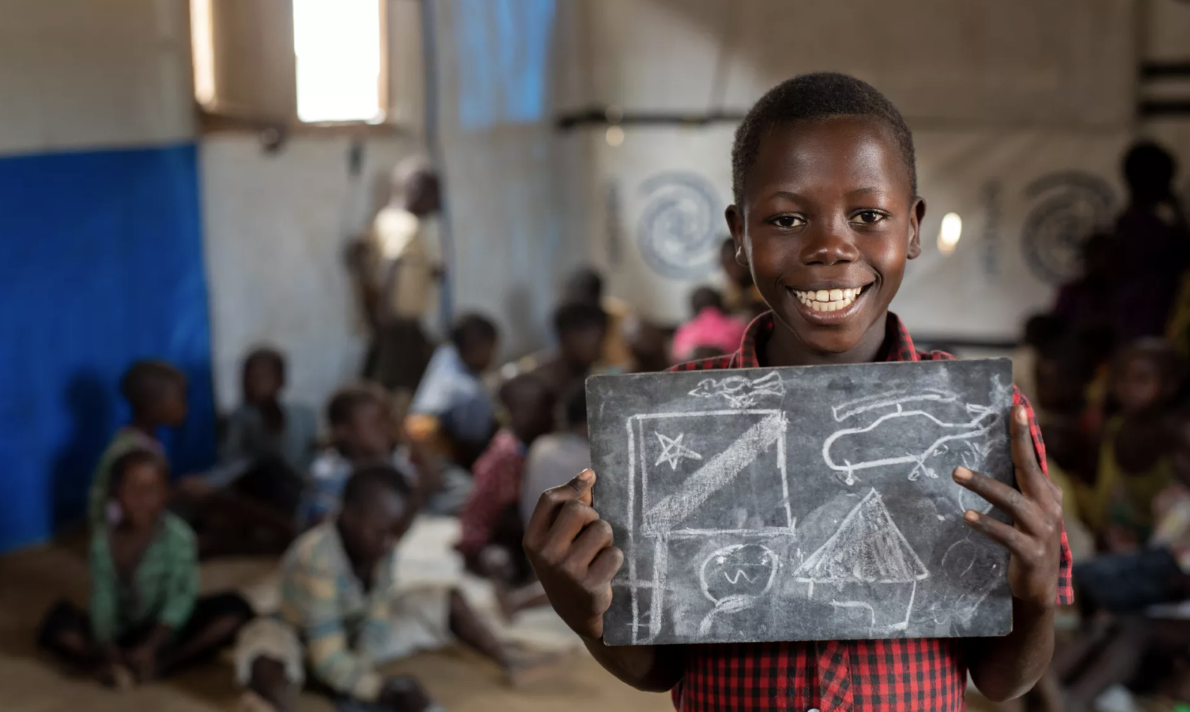The Digital Transformation
In an era where technology shapes every aspect of human life, UNICEF has embraced digital innovation as a powerful catalyst for change. From artificial intelligence predicting disease outbreaks to blockchain ensuring transparent aid distribution, technology is revolutionizing how we protect and empower children worldwide.
This digital revolution isn't just about adopting new tools—it's about fundamentally reimagining how humanitarian work can be more effective, efficient, and impactful. Through strategic partnerships with tech giants and innovative startups, UNICEF is pioneering solutions that seemed impossible just a decade ago.
AI-Powered Health Diagnostics
Machine learning algorithms analyze medical data to predict disease outbreaks and identify at-risk children before symptoms appear. In Rwanda, AI systems have reduced child mortality by 23% through early intervention.
Satellite-Based Education
Low-orbit satellites provide internet connectivity to remote schools, enabling 2.3 million children in isolated areas to access quality education through digital learning platforms.
Blockchain Aid Distribution
Transparent, tamper-proof systems ensure aid reaches intended recipients. In Jordan's refugee camps, blockchain technology has eliminated fraud and reduced distribution costs by 40%.
"We're not just digitizing existing processes—we're reimagining what's possible when technology meets humanitarian purpose. Every line of code, every algorithm, every digital innovation has the potential to save a child's life."
Revolutionary Case Studies
Flood Prediction AI
UNICEF deployed machine learning models that predict flooding 72 hours in advance, enabling preemptive evacuation of 150,000 children from high-risk areas. The system combines satellite imagery, weather data, and historical patterns to achieve 94% accuracy.
Drone Vaccine Delivery
Autonomous drones deliver vaccines to remote villages, reducing delivery time from 3 days to 3 hours. The program has vaccinated 500,000 children in previously unreachable areas, with zero vaccine spoilage due to temperature-controlled cargo systems.
Digital Identity for Refugees
Blockchain-based digital IDs provide refugee children with permanent, verifiable identities. Over 200,000 children now have access to education and healthcare services through secure digital credentials that can't be lost or destroyed.
Quantum-Enhanced Logistics
Quantum computing optimizes supply chain logistics, reducing emergency response time by 60%. The system processes millions of variables simultaneously to determine optimal resource allocation during crises.
Real-Time Impact Metrics
The Innovation Lab
UNICEF's Innovation Lab serves as the epicenter of technological advancement, where data scientists, engineers, and humanitarian experts collaborate to solve the world's most pressing child welfare challenges. The lab operates on three core principles: human-centered design, ethical AI development, and scalable impact.
Current projects include developing augmented reality therapy for trauma-affected children, creating IoT sensors for real-time malnutrition monitoring, and building AI chatbots that provide mental health support in 50+ languages. Each innovation undergoes rigorous testing to ensure it meets the highest standards of safety, privacy, and effectiveness.
"The future of child welfare lies at the intersection of compassion and computation. We're building tomorrow's solutions today, ensuring that no child is left behind in our increasingly digital world."
Ethical AI and Child Protection
As UNICEF pioneers AI applications in humanitarian work, ethical considerations remain paramount. The organization has established comprehensive guidelines ensuring that AI systems protect children's privacy, prevent algorithmic bias, and maintain human oversight in all critical decisions.
The "AI for Children" framework mandates that every AI system undergoes ethical review, includes diverse training data, and provides transparent decision-making processes. This approach has set the global standard for responsible AI deployment in humanitarian contexts.



